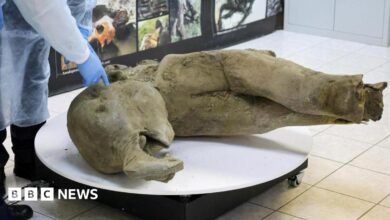Wolves could lose EU safeguards, opening way for culls

The Commission argues that the number of wolves in the EU has almost doubled, from 11,000 in 2012 to over 20,000 today, and that they’re causing too much damage to livestock.
But wildlife campaigners say improved protection methods, including trained sheep dogs, would be a better solution than removing safeguards. They say that wolves keep down numbers of deer and wild boar, which damage trees and crops. Wolves also prevent the spread of diseases by eating sick animals.
In the town of Baile Tusnad, in a valley near József’s village, wildlife experts met recently to discuss large carnivores. Most, though not all, oppose the hunting of wolves and bears.
“African swine fever is spreading all over Europe,” said Michal Haring, a biologist from Slovakia, “and the wolf is a very good ‘doctor’ for this, suppressing the disease. Wolves cannot catch it.”
Another argument against shooting wolves is that they hunt in packs of five to eight, usually a pair and their offspring. If the older wolves are shot, the pack fragments, making it harder for them to catch deer and wild boar.
“Individual wolves are more likely to attack sheep and other domesticated animals,” Mr Haring explains.
Source link



